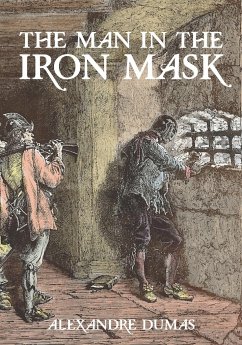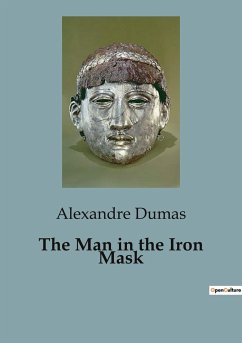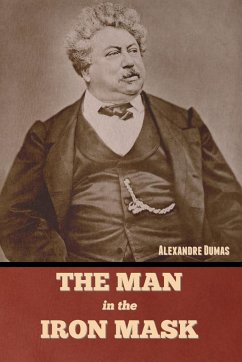
The Man in the Iron Mask

PAYBACK Punkte
16 °P sammeln!
The Man in the Iron Mask is the exciting conclusion to the Three Musketeers' adventures. D'Artangan and the Musketeers must attempt tp rescue King Louis XIV's identical twin brother from prison to put him on the throne and thereby save Fouquet from being unfairly destroyed by King Louis. Dumas was the most generous, large-hearted being in the world. He also was the most delightfully amusing and egotistical creature on the face of the earth. His tongue was like a windmill - once set in motion, you never knew when he would stop, especially if the theme was himself. - Watts Phillips















